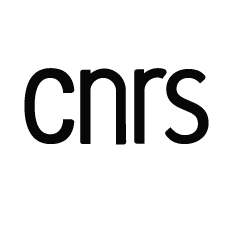Séminaire "Histoire et Philosophie de l'informatique" (STL/IHPST)
Séminaire
Amphi Inria, Bât B avenue Héloïse à Villeneuve d’Ascq
Séminaire "Histoire et Philosophie de l'informatique" (STL/IHPST) en co-organisation avec Colloquium Polaris (https://colloquiumpolaris.fr/, CRISTaL et INRIA Lille)
Responsables scientifiques: Pierre Bourhis, Liesbeth De Mol, Alberto Naibo, Maël Pégny Wilfried Sieg (Carnegie Mellon), /What is the/ concept /of computation?/The Church-Turing Thesis asserts that particular mathematical notions are adequate to represent informal notions of effective calculability or mechanical decidability. I first sketch contexts that called for such adequate mathematical notions, namely, problems in mathematics (e.g., Hilbert’s 10th problem), decision problems in logic (e.g., the Entscheidungsproblem for firs-torder logic), and the precise characterization of formality (for the general formulation of Gödel’s incompleteness theorems). The classical approach to the effective calculability of number theoretic functions led, through Gödel and Church, to a notion of computability in logical calculi and metamathematical absoluteness theorems. The classical approach to the mechanical decidability of problems concerning syntactic configurations led, through Turing and Post, to a notion of computability in formal calculi (canonical systems) and metamathematical representation theorems.
Particular features of formal calculi motivate the formulation of an abstract concept of a computable dynamical system. This concept articulates finiteness and locality conditions that are satisfied by the standard concrete notions of computation. A representation theorem can be established: Turing machines can simulate the computations of any concrete system falling under the abstract concept. I sketch a generalization of this approach to obtain computable parallel dynamical systems. Some applications will conclude my discussion.
Partager sur X Partager sur Facebook
